Blog articles
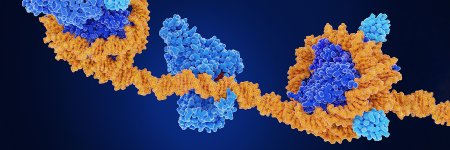
Epigenomic studies spotlight new level of cancer evolution
While genomics sets the scene for cancer to grow, it isn’t the only actor – as shown by two studies that cast a light on the role of epigenomics

How epigenomic testing could improve cervical cancer detection
Introducing a new epigenomic test as part of routine cervical screening may help clinicians spot the signature of cervical cancer years before it develops

Genomics on the horizon: Three predictions for 2023
To kick off the new year, we look at three areas of genomics research and advancement to watch out for in 2023 and beyond

New sex-specific genetic indicators found in Alzheimer's disease
Researchers have identified new variants in the MGMT gene that increase an individual’s chance of developing Alzheimer's disease, but only in women
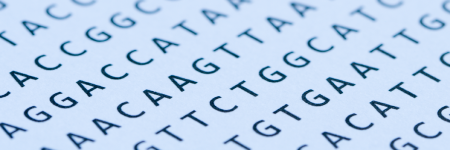
Repeat after me: what are repeat expansion disorders?
We learn how repeating sequences in our DNA can impact on health and how genome sequencing can make a diagnostic difference
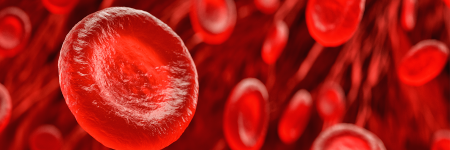
NICE approves RNAi therapy for porphyria
This week, we look at the latest gene silencing treatment approved by NICE – this time for an acute form of porphyria

RNAi: a new approach to combat cholesterol
The new cholesterol drug inclisiran is currently making headlines after being approved for use in the NHS, but how does it work?
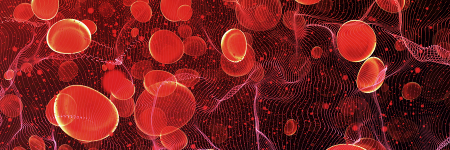
Cell-free DNA: detecting disease
We look at how cfDNA could be used to diagnose LMD – a life-threatening condition that is currently difficult to detect
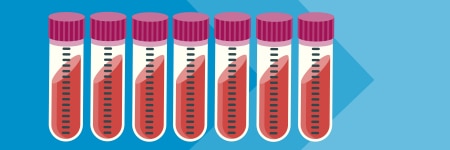
NHS to trial new multi-cancer blood test
More than 50 different types of cancer can be detected by the new test, but how will it work?

What is genomic imprinting?
We explore one type of epigenetic modification, its function in our genome and the rare conditions that have been linked to it

The quadruple helix: a new epigenetic marker?
We all know what DNA looks like, or do we? We take a look at why the quadruple helix can occur and how it could unlock new avenues for cancer therapy

Analysing the epigenome: a new way to screen for cancer
Could the DNA in our bloodstream provide a way to detect cancer? Recent research looks at a novel approach to screening through a new type of blood test


